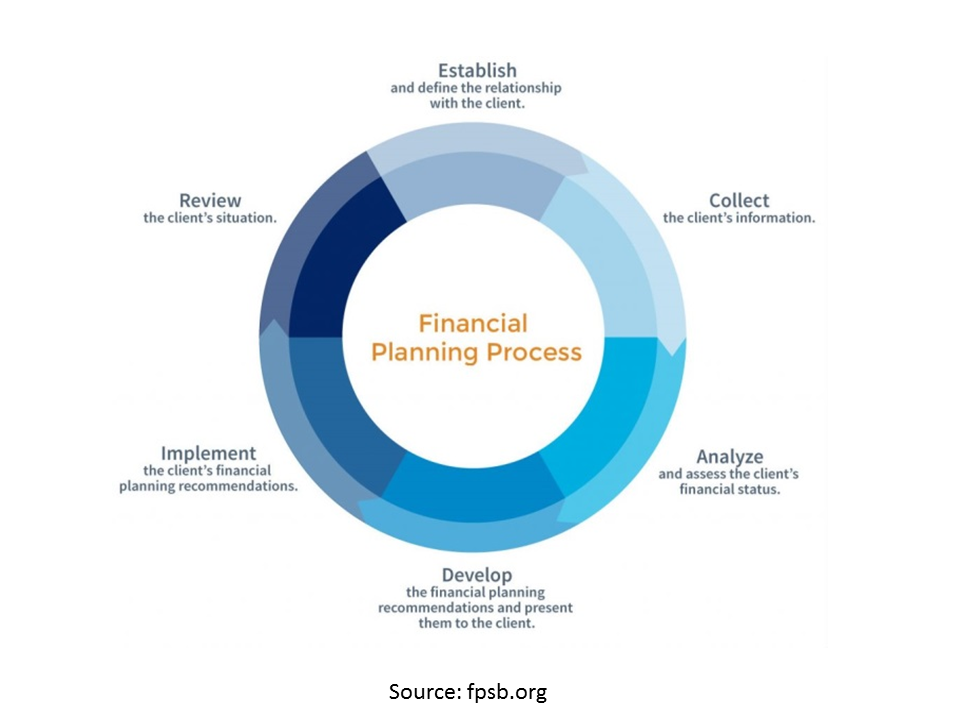Most financial professionals started their business from product sales either by selling the unit trust, insurance, will and trust, real estate, or any other financial products. We were trained in the conventional product selling process from prospecting to closing, focusing on the product’s features and benefits, to the need-based selling, which focuses on needs discovery by asking a series of open-ended and relationship-building questions.
The solution selling becomes popular when the information is easily available and the prospects want to know what options they have and why the solution is right for them. It helps prospects to understand their own needs and identify their pain points. The prospects are in a position of control. It’s a highly customized approach that is customer-centric, focus on relationship building with long-lasting connection, and it’s all about the value of a product or a service.
Sounds great?
Just that this solution selling process is not for every financial professional, though ideally, it should.
For a few reasons:
1. It requires complex knowledge– In order to truly sell the value proposition of the product or service, the financial professional has to know everything about it, inside out, so that you can tailor the discussion to the specific needs of the prospects. This can be challenging for many of them as they need to keep abreast at all times of what’s happening in the financial market and its implications on the clients’ situations.
2. Effective communication skill is needed in order to ask the right questions and to have a deep understanding of each prospect’s unique situation. Also to help the prospects feel heard when it comes to their needs which ultimately provides them with the solutions that are tailored made to their specific problems.
3. Specific process or conversation style that needs to be followed in order for this approach to be effective. This could be challenging and difficult for some financial professionals to master.
For financial planning professionals, the specific process is the financial planning process which includes the 6 steps process of:

Each of the 6 steps requires trust and relationship building, some data analysis, and a deep understanding of the prospect’s circumstances from their mindset to their financial behaviors, desired lifestyle, and financial well-being.
As such, providing financial planning services takes time. A lot of time, if done right. In fact, according to a study in the US, averagely it takes more than 40 hours in the first year to construct a financial plan using the financial planning process. As such, it’s almost impossible to offer “free” financial planning as it is very time-intensive, high cost, and labour intensive, to train the supporting staff from the back-end operations to the use of financial planning software.
So why is it great to do financial planning?
What’s in it for the consumers?
1. Peace of mind– it helps the clients to understand where they are heading by setting up financial goals with strategies and action plans to achieve their life goals.
2. Financial security– knowing what they need to do or steps needed to take care of their financial future from budgeting, saving and investing throughout all stages of life.
3. Gain clarity– You get to see your financial future, so you understand how each of your financial decision collectively impacts your financial success.
4. High satisfaction from the high value added services above and beyond from just the investment returns, with strong feelings of confidence and clarity achieving the financial goals.
5. Help to avoid problems arising from our own financial behavior, as well as from social, cognitive and emotional factors that sometimes make us behave in a manner that is not in the best interests of our financial outcomes.
6. Get more time to enjoy life instead of spending time to read the financial news and sorting out the financial statements.
7. Have more freedom to do what they want to do or do big stuff, as financial needs are well planned out through proper financial planning and follow through action plans.
8. Have more choices to do what they want to do or could do or even possible with the financial resources they have and track the progress as well as making adjustments along the way.
9. Help the clients to take less risk or take appropriate risk that they are comfortably taking in the pursuit of their financial goals.
10. Feeling less guilt and less stressed when enjoying life knowing the complete picture of your finances and its progress at different milestones for the desired outcomes.
Managing finances requires knowledge, skills, time, and stay focused. It can be very stressful, even for most savvy consumers. However, consumers who work with financial professionals and have a financial plan, feel better prepared to achieve their financial goals. Consumers with a financial plan are nearly three times more confident about achieving their life goals. They also view highly of their financial professionals as trustworthy, knowledgeable and accuracy which help them to focus on long-term to achieve financial goals.
What about you? Did you engage financial planning professional? Or do you prefer DIY?
In your opinion, what are the best values or benefits that you get from financial planning?
Part 2: What’s in it for the financial professionals – to be continued





